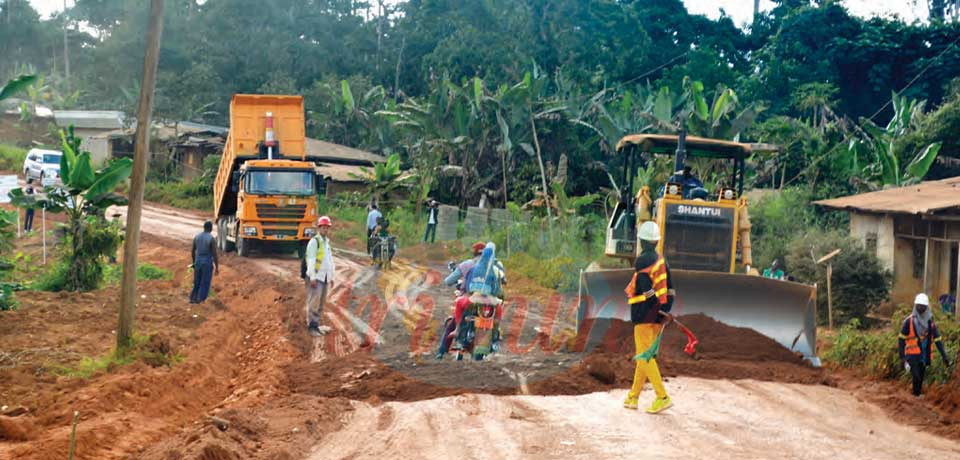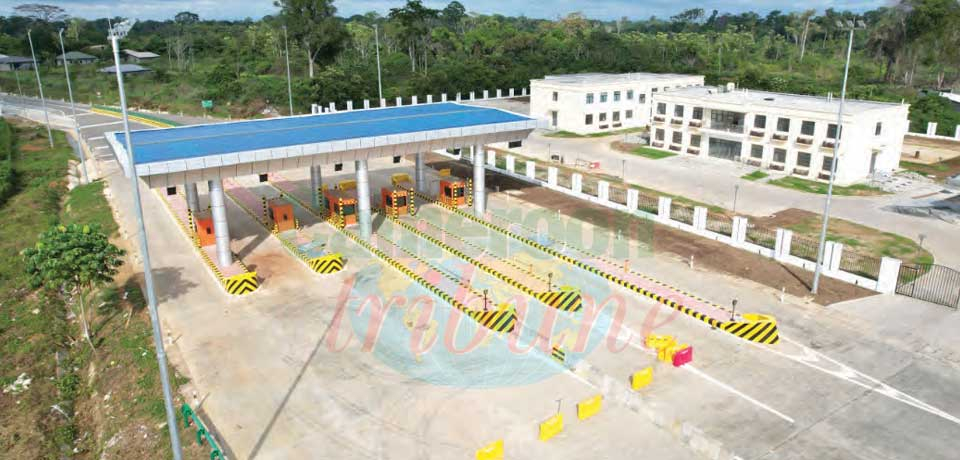
Staggering oil prices and rising insecurity tell of the need for banks and other financial institutions to step up support to the country's economy.
The banking sector in Cameroon is undergoing considerable transformation in its bid to take the queue in financing the country's economy. This evolution is incidentally responding to the wishes of Cameroonians, many of who had questioned the existence of banks in the face of an economy that has since been suffering from the scars of dwindling oil prices and rising insecurity.
Prior to this new dispensation, banks had been considered by many as an economic cemetery where money is buried to the benefit of those who work there. The more people turned their hopes on banks to redress their financial situation, the more things became more complicated.
Paradoxically, at the time the country was running dry of resources to finance its economy, banks were said to be swimming in excess cash. This state of affairs left no one indifferent.The upsurge of insecurity caused by the multiplicity of attacks from the Islamist group, Boko Haram and the falling oil prices on the international market triggered a new operational framework geared at developing a quick alternative to cover the vacuum.
The banks and other financial institutions were obliged to join government in taking up the challenge to redress the economy. Minds remain fresh to that effect, on the engagement taken by local banks some years back to make their imprint in the financing of the country’s economy.
The commitment contained in a press statement issued at the end of an extraordinary session of the National Council of Credit (NCC) and signed by the Minister of Finance was a veritable step towards tackling the new challenges facing the nation. In effect, the commitment had to do with loosening the ropes of loan disbursement and opening up both to the State and the private sector wishing to obtain loans to finance activities that can boost the nation’s economy.
This decision to say the least was coming of age considering the tides Cameroonians had to go through in order to obtain loans from financial institutions operating in the country. Even though the conditions may not have changed significantly for individual customers especially as concerns commercial banks, there is every evidence that microfinance institutions are contributing greatly in financing activities related to poverty alleviation.
Their loan conditions are softer and less exigent. A case in point is that of the credit union which today boasts of 220 financial cooperatives, according to Shey Nfor Musa, President of the Camero...
Cet article complet est réservé aux abonnés
Déjà abonné ? Identifiez-vous >
Accédez en illimité à Cameroon Tribune Digital à partir de 26250 FCFA
Je M'abonne1 minute suffit pour vous abonner à Cameroon Tribune Digital !
- Votre numéro spécial cameroon-tribune en version numérique
- Des encarts
- Des appels d'offres exclusives
- D'avant-première (accès 24h avant la publication)
- Des éditions consultables sur tous supports (smartphone, tablettes, PC)














Commentaires